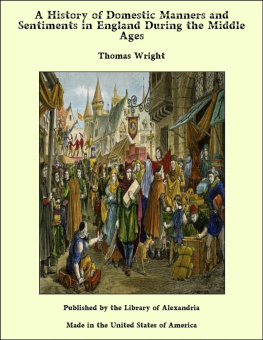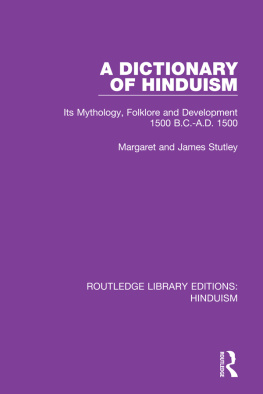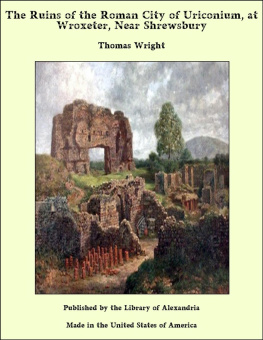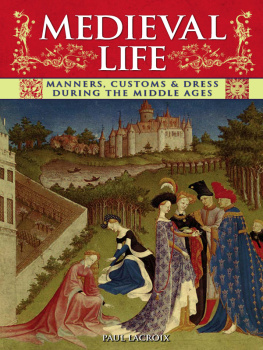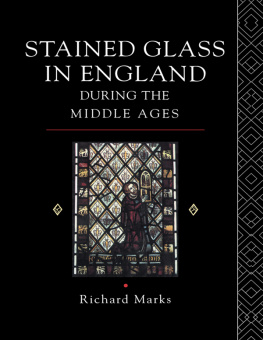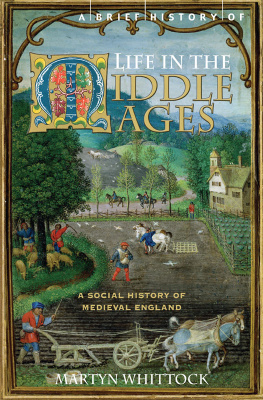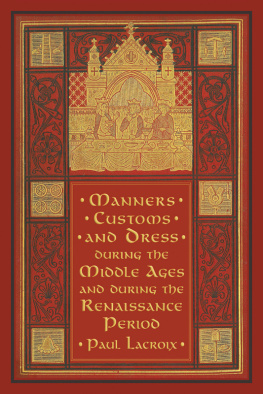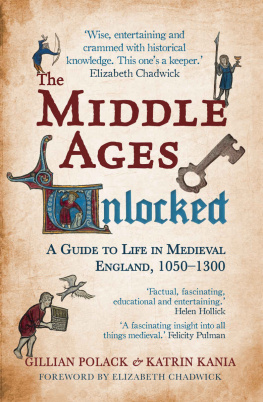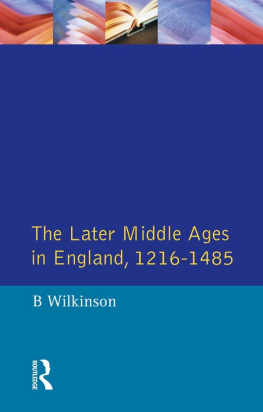Thomas Wright - A History of Domestic Manners and Sentiments in England During the Middle Ages
Here you can read online Thomas Wright - A History of Domestic Manners and Sentiments in England During the Middle Ages full text of the book (entire story) in english for free. Download pdf and epub, get meaning, cover and reviews about this ebook. year: 2021, publisher: Alpha Edition, genre: Religion. Description of the work, (preface) as well as reviews are available. Best literature library LitArk.com created for fans of good reading and offers a wide selection of genres:
Romance novel
Science fiction
Adventure
Detective
Science
History
Home and family
Prose
Art
Politics
Computer
Non-fiction
Religion
Business
Children
Humor
Choose a favorite category and find really read worthwhile books. Enjoy immersion in the world of imagination, feel the emotions of the characters or learn something new for yourself, make an fascinating discovery.
- Book:A History of Domestic Manners and Sentiments in England During the Middle Ages
- Author:
- Publisher:Alpha Edition
- Genre:
- Year:2021
- Rating:3 / 5
- Favourites:Add to favourites
- Your mark:
- 60
- 1
- 2
- 3
- 4
- 5
A History of Domestic Manners and Sentiments in England During the Middle Ages: summary, description and annotation
We offer to read an annotation, description, summary or preface (depends on what the author of the book "A History of Domestic Manners and Sentiments in England During the Middle Ages" wrote himself). If you haven't found the necessary information about the book — write in the comments, we will try to find it.
Thomas Wright: author's other books
Who wrote A History of Domestic Manners and Sentiments in England During the Middle Ages? Find out the surname, the name of the author of the book and a list of all author's works by series.
A History of Domestic Manners and Sentiments in England During the Middle Ages — read online for free the complete book (whole text) full work
Below is the text of the book, divided by pages. System saving the place of the last page read, allows you to conveniently read the book "A History of Domestic Manners and Sentiments in England During the Middle Ages" online for free, without having to search again every time where you left off. Put a bookmark, and you can go to the page where you finished reading at any time.
Font size:
Interval:
Bookmark:
OF
DOMESTIC MANNERS AND SENTIMENTS
IN ENGLAND
During the Middle Ages.
OF
DOMESTIC MANNERS
AND
SENTIMENTS
IN ENGLAND
During the Middle Ages.
By THOMAS WRIGHT, Esq. , M.A., F.S.A.,
Hon. M.R.S.L., &c.;
Corresponding Member of the Imperial Institute of France
(Acadmie des Inscriptions et Belles Lettres).
WITH
Illustrations from the Illuminations in Contemporary Manuscripts
and other Sources,
DRAWN & ENGRAVED BY F. W. FAIRHOLT, Esq. , F.S.A.
LONDON:
CHAPMAN AND HALL, 193, PICCADILLY.
1862.
PRINTED BY JAMES S. VIRTUE,
CITY ROAD.
THE LADY LONDESBOROUGH,
THIS
Volume is Dedicated
AS
A TESTIMONY OF
VERY SINCERE RESPECT,
BY
THE AUTHOR.
Font size:
Interval:
Bookmark:
Similar books «A History of Domestic Manners and Sentiments in England During the Middle Ages»
Look at similar books to A History of Domestic Manners and Sentiments in England During the Middle Ages. We have selected literature similar in name and meaning in the hope of providing readers with more options to find new, interesting, not yet read works.
Discussion, reviews of the book A History of Domestic Manners and Sentiments in England During the Middle Ages and just readers' own opinions. Leave your comments, write what you think about the work, its meaning or the main characters. Specify what exactly you liked and what you didn't like, and why you think so.

